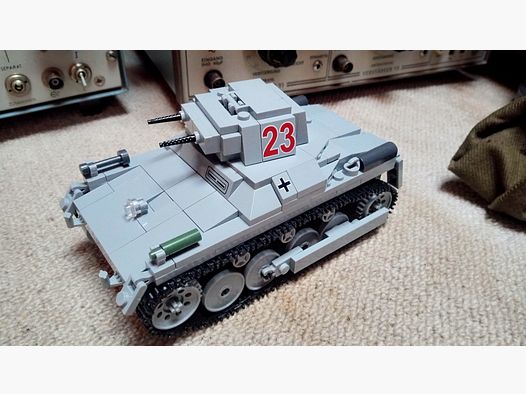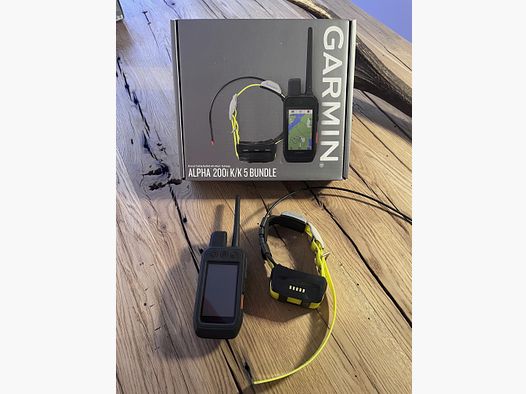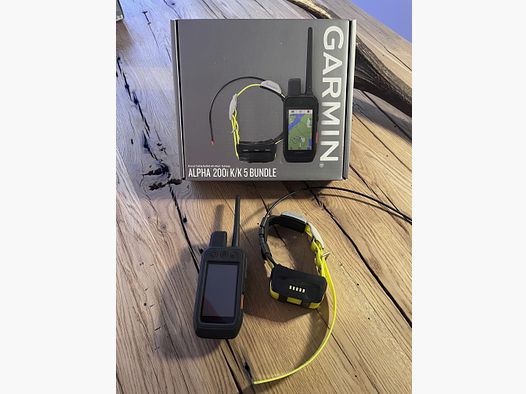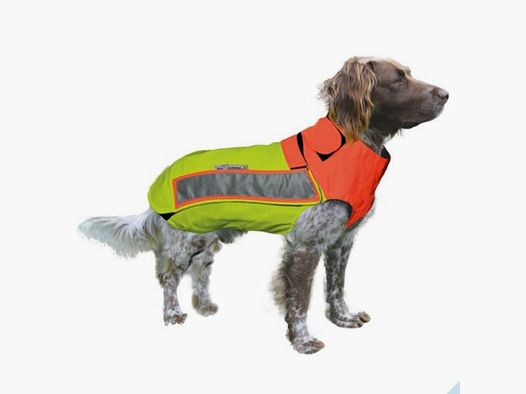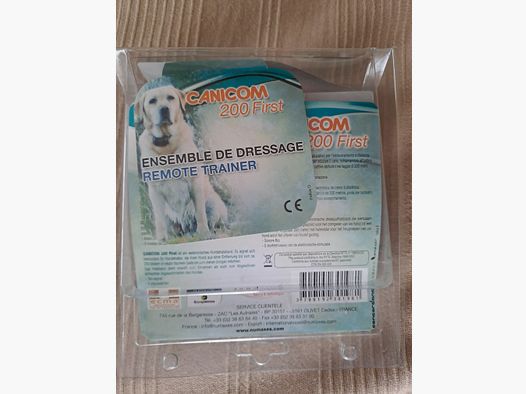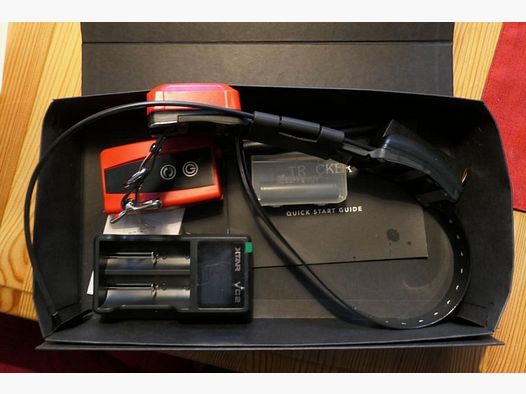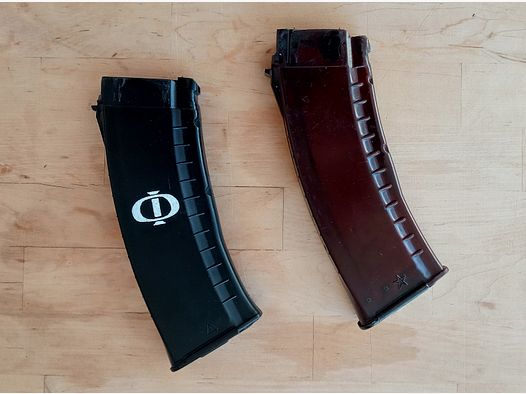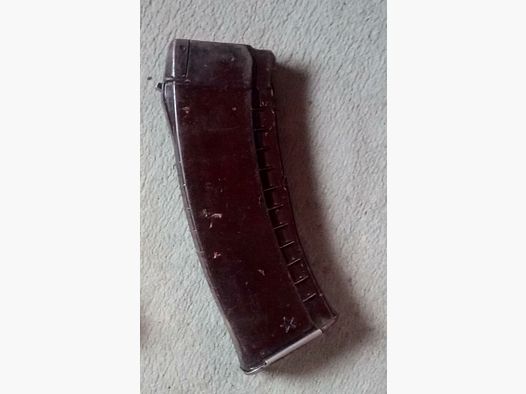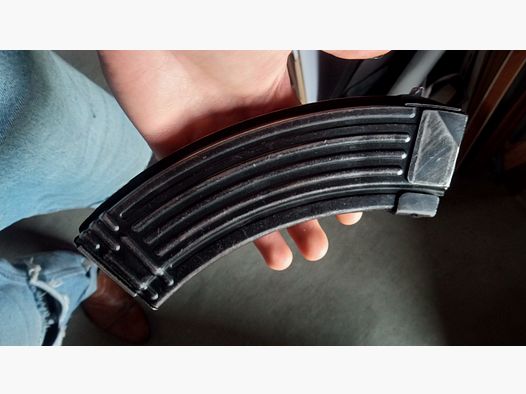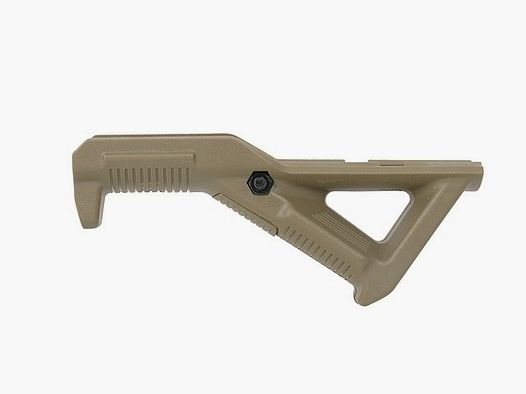A Guide to Understanding the Body Condition Score (BCS)
A healthy weight is crucial for the well-being of our four-legged friends. Many dog owners face the question of whether their dog has the ideal weight or if it might be too thin or too heavy. For such assessments, there is a helpful tool: the Body Condition Score (BCS). This standardized scoring system used by veterinarians helps to accurately evaluate a dog's nutritional status.
What is the Body Condition Score?
The BCS is measured on a scale from 1 to 9 and divides dogs into three weight categories:
- BCS 1 to 3: Underweight
- BCS 4 to 6: Ideal weight
- BCS 7 to 9: Overweight
Each category is further divided into three subgroups to allow for a more precise assessment.
Recognizing an Underweight Dog
A dog is underweight if it falls into the BCS category 1 to 3:
- BCS 1: Extremely thin, ribs, spine, and pelvic bones are clearly visible, little muscle mass or body fat.
- BCS 2: Ribs, spine, and pelvic bones visible, reduced muscle mass, no palpable body fat.
- BCS 3: Ribs are slightly palpable and possibly visible, no fat cover, bone protrusions are visible, noticeable waist.
Characteristics of a Dog at Ideal Weight (BCS 4-6)
A dog at ideal weight has the following features:
- Ribs are easily palpable, covered by an appropriate layer of fat.
- A noticeable waist and a belly line that rises towards the hindquarters.
- Bony prominences are not visible.
Signs of Overweight (BCS 7-9)
In overweight dogs, the ribs are difficult or impossible to feel, as they are covered by a thick layer of fat. A waist is not visible, and the belly line remains straight.
Measures for Underweight
If your dog is underweight, switching to a more energy-dense food can help. However, in some dogs, high-calorie food can lead to hyperactivity without resulting in weight gain. In such cases, it might be more beneficial to feed larger amounts of a less calorie-dense food. The nutritional value of the meals can be enhanced by adding healthy oils such as sunflower or thistle oil.
When to See the Veterinarian?
If there is a suspicion of underweight, a veterinarian should always be consulted to identify and treat possible health issues. The Body Condition Score is a valuable tool for monitoring and promoting your dog's health and well-being. Regular check-ups and a tailored diet based on the BCS are crucial for your furry friend's health.



